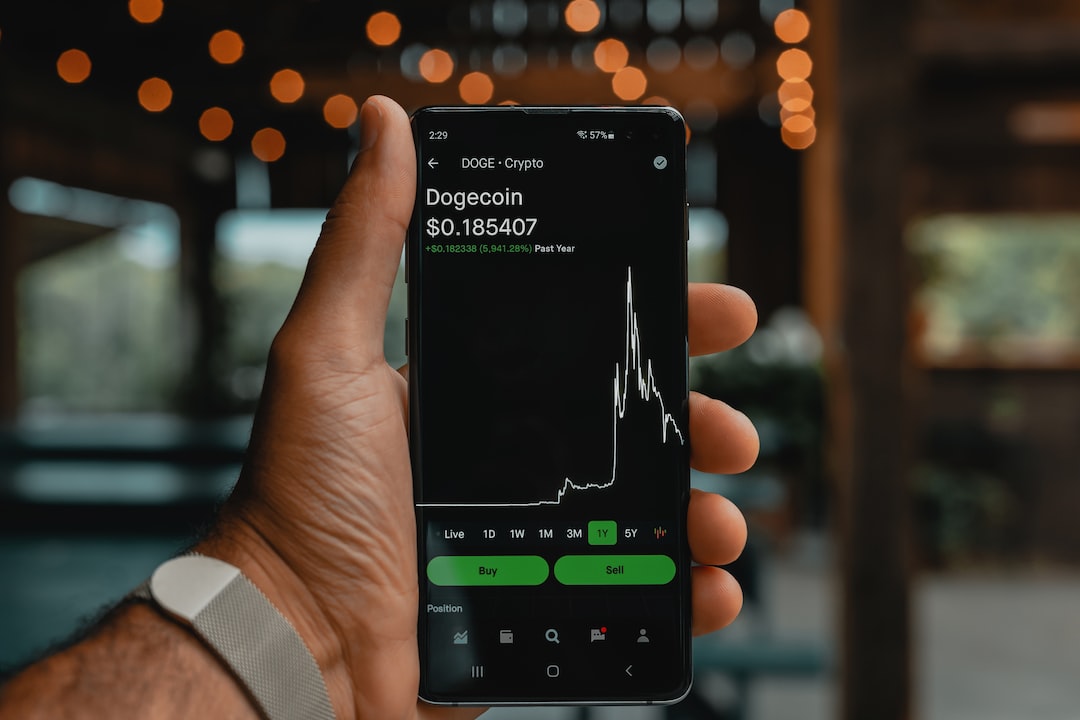The Impact of Banks’ Forex Trading on Global Currency Markets
The global foreign exchange market, also known as the forex market, is the largest and most liquid financial market in the world. With a daily trading volume exceeding $6 trillion, it dwarfs all other financial markets combined. As such, any activity within this market, especially by large banks, can have a significant impact on global currency markets. In this article, we will explore how banks’ forex trading affects these markets and the implications for traders and investors.
Banks play a pivotal role in the forex market, acting as intermediaries between buyers and sellers of currencies. They provide liquidity to the market by continuously quoting bid and ask prices, allowing participants to buy or sell currencies at any time. However, banks are not mere facilitators in the forex market; they also actively trade currencies for their own profit.
One way banks engage in forex trading is through their proprietary trading desks. These desks, staffed by experienced traders, aim to generate profits by taking advantage of short-term price movements in currencies. They employ various strategies, including technical analysis, fundamental analysis, and algorithmic trading, to identify profitable trading opportunities.
The trading activities of banks’ proprietary desks can have a profound impact on global currency markets. Due to their size and financial resources, banks are able to execute large trades, which can move currency prices significantly. For example, if a bank decides to buy a large amount of a specific currency, it creates demand, causing the price to rise. Conversely, if a bank sells a significant amount of a currency, it creates supply, leading to a decline in the price.
Banks’ forex trading activities can trigger a domino effect in the market, as other market participants react to their trades. When a bank’s trading desk buys a currency, other traders may interpret it as a signal that the currency is undervalued, leading them to also buy the currency. This increased demand further drives up the price. Similarly, when a bank’s trading desk sells a currency, it may signal to other traders that the currency is overvalued, prompting them to sell as well, causing the price to drop.
The impact of banks’ forex trading goes beyond short-term price movements. It can also influence long-term trends and market sentiment. Banks often have access to valuable information and research, which they use to make trading decisions. Their actions can reflect their assessment of economic and geopolitical factors that impact currency values. As such, their trading activities can shape market sentiment, affecting how other market participants perceive and trade currencies.
Furthermore, banks’ forex trading can have implications for traders and investors. Retail traders and smaller institutional investors often rely on banks to provide them with liquidity and competitive prices. Banks’ ability to provide liquidity depends on their own trading activities and market conditions. During periods of high volatility or market stress, banks may reduce their trading activity, leading to reduced liquidity and wider bid-ask spreads. This can make it more challenging and costly for traders to execute trades.
Moreover, banks’ forex trading can create opportunities for skilled traders and investors. By closely monitoring banks’ trading activities and market trends, traders can potentially identify profitable trading opportunities. For example, if a bank is consistently buying a particular currency, it may be a sign of a longer-term bullish trend, which traders can capitalize on by buying the currency.
In conclusion, banks’ forex trading has a significant impact on global currency markets. Their trading activities can move currency prices, trigger market reactions, shape long-term trends, and influence market sentiment. Traders and investors should pay close attention to banks’ trading activities and market conditions as they can provide valuable insights and trading opportunities. However, it is important to note that banks’ forex trading is just one of many factors that influence currency markets, and other economic and geopolitical factors should also be considered when making trading decisions.





